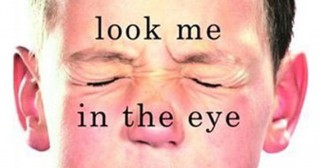The Barefoot Doctors of Rural China
When I for the first time, probably around 1975 or 1977, heard about the barefoot doctors in China I became curious to get to know more about this way of medical health care. When listening to some Chinese colleague at the Heidelberg Conference in 2011 I came across the deep necessity, especially nowadays, of such an alternative way trying to contact rural people and offering them basic medical health care.
I was told that most of the young people who, coming from the rural parts of China, ………….
Read More








